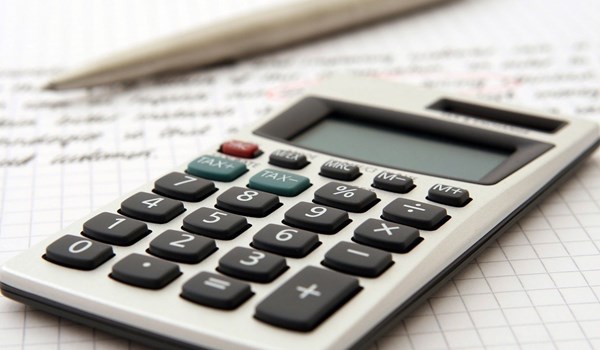Jurisdictions
Regions
Industry Sectors
25/01/22
UK: Corporation tax take up £11bn in December.

As published on accountancydaily.co, Tuesday 25 January, 2022.
Tax receipts have risen across the board with the latest figures showing that HMRC has collected £507.7bn between April and December 2021 which is £114.1bn more than the previous year, with corporation tax up significantly
HRMC’s monthly tax receipt publication shows a strong growth of collection across all taxes with the total receipts for income tax, capital gains tax, and national insurance contributions (NICs), and apprenticeship levy sitting £35.6bn or 15% higher than the same period last year at £269.2bn.
Corporation tax collection, which includes corporation tax, bank levy, bank surcharge, petroleum revenue tax, and diverted profits tax, grew by 28%, which is around £11bn, taking the figure to £50.4bn.
The receipts for PAYE income tax and Class 1 NICs sat at £246.8bn which is £24.6bn higher, with the number of paid employees also grew by 4.3% which is an increase of around 1.3m people. Receipts from self assessment income tax and NICs for April to December 2021 also rose by £7.8bn to £18.2bn.
VAT receipts rose to £116.7bn which is another substantial increase of £54.5bn from the same period last year which was mainly due to the VAT payment deferment policy. The last three months have seen increases of around £50bn.
Inheritance tax (IHT) has also seen another increase of 16% with HMRC collecting £4.6bn which is £600m more than the same period last year and £500m more than recorded last month.
The overall receipts for stamp duty and annual tax enveloped dwellings sat at £13.9bn which is 57% increase or around £5bn higher than the same period last year with HMRC explaining that the increase was due to the ’continued growth in stamp duty land tax transactions and the surge of property sales in December’.
HMRC reported that fuel duty brought in £20.2bn, tobacco and alcohol duty brought in £18.5bn, and environmental taxes brought in £2.2bn. Overall, this brought the tax authority an extra £5.3bn compared with the same period in 2020.
Air passenger duty raised £600m between April and December 2021, £1m higher than last year, which represents a sign of slight recovery for the aviation sector which has been dramatically affected by the Covid-19 pandemic.
The rate of air passenger duty is set to increase with Autumn Budget introducing the ‘ultra-long-haul’ band for trips to countries with capitals over 5,500 miles from the UK. However, duty for domestic flights between airports in England, Scotland, Wales, and Northern Ireland will be cut by 50% from April 2023 in a bid to support the sector. The standard rate for short-haul journeys has remained constant since April 2020.



